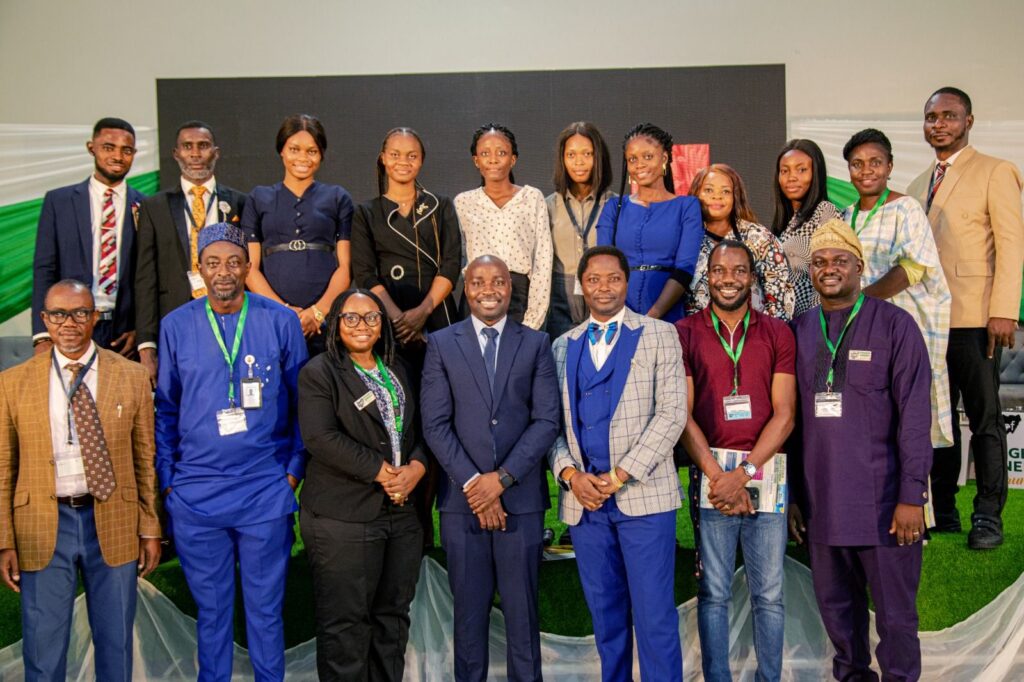As the world grapples with escalating climate crises, energy poverty, and the push for sustainable development, the Nigeria Energy Forum (NEF) has emerged as a pivotal force in Africa’s clean energy transition.
Now marking its 10th anniversary, NEF has catalyzed multi-million-dollar investments, shaped policy discourse, and empowered a new generation of energy professionals, establishing itself as a linchpin for sustainable energy innovation and economic development.
Established in 2016, the Nigeria Energy Forum has grown from a niche stakeholder event into a major international platform that has convened over 4,000 participants globally.
It has become instrumental in mobilizing climate finance, incubating grassroots energy solutions, and aligning Nigeria’s energy roadmap with global sustainability targets.
As Africa’s largest economy and one of the most energy-deficient nations, Nigeria’s energy paradox is stark: 86 million citizens remain without electricity, while the nation simultaneously harbors ambitions of industrialization and net-zero emissions by 2060.
NEF has helped bridge this divide by transforming dialogue into deliverables. Its forums have not only identified systemic inefficiencies but have also directly led to investments such as the €30 million EU-backed clean energy fund announced in 2019 and a $40 million clean energy deal facilitated in recent editions.
“NEF has evolved into a hub for policy shaping, innovation, and capital mobilization. Its work over the last decade reflects Africa’s ability to provide homegrown solutions to global climate and energy challenges,” said Dr. Daniel Adeoye, energy policy analyst and former NEF speaker.
Key to NEF’s model is its focus on inclusion. Over 2,000 youth and women have been empowered through pitch contests, mentorship, and funding initiatives. One standout initiative is a 20kW solar cold hub, commissioned in Lagos’ off-grid Sagokoji community in 2023, improving livelihoods for over 100 women seafood processors.
NEF has also driven academic and innovation engagement. In partnership with All On, a Shell-funded impact investment firm, it launched the Tertiary Institutions Student Energy Pitch Contest, receiving over 200 submissions from 50 universities across Nigeria.
Looking ahead, NEF2025, slated for July 8 in Lagos and November 20 online, will shift focus from awareness to full-scale implementation under the theme “Decade of Energy Transition for Economic Prosperity.”
This year’s agenda will spotlight the integration of clean energy into agriculture, solid minerals, and manufacturing, with targeted discussions on powering industrial clusters and promoting import substitution.
NEF’s expanding influence is evidenced by its growing collaboration with multilateral partners like UNDP, UNIDO, AfDB, and the Africa Finance Corporation.
These partnerships aim to develop regional energy corridors, clean transport networks, and multi-billion-dollar decarbonization projects critical to Africa’s energy future.
“As Nigeria and the continent work toward meeting their climate commitments and development goals, NEF is not just a forum. It is a catalyst for systemic change, linking innovation, finance, policy, and people,” said Dr. Jumoke Balogun, a renewable energy entrepreneur and frequent NEF participant.
In a decade marked by global uncertainty and climate urgency, NEF’s record stands out: catalyzing solutions, investing in people, and reshaping narratives around Africa’s role in the global energy transition. Its next chapter aims even higher, building not just systems, but sustainable prosperity powered by clean energy.
















